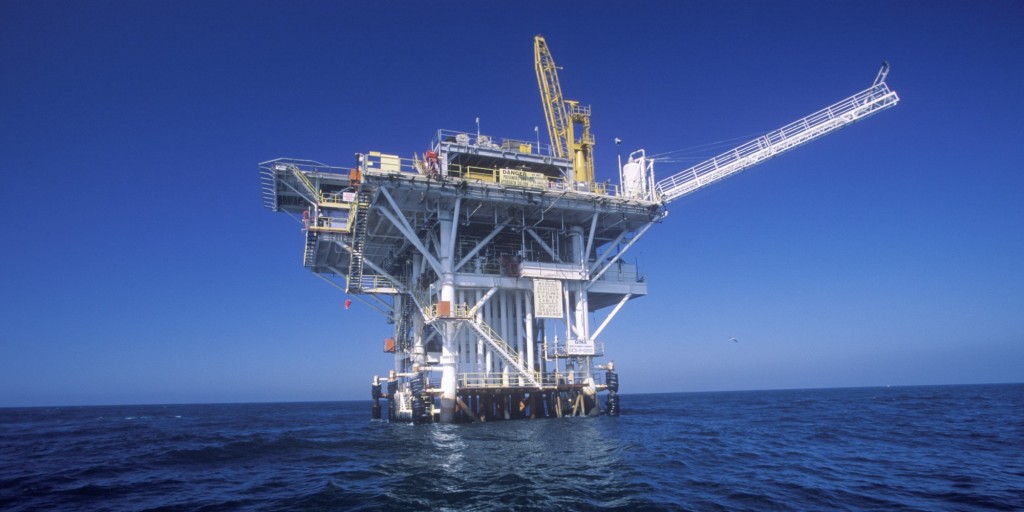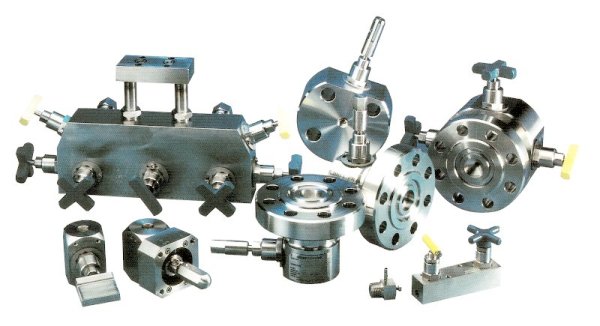Testing the reliability of Subsea Valves at Oliver ValveTek
Reliability is critical along the whole supply chain, but for sub-sea equipment where any failure or malfunction within a unit poses not only a major safety concern, but can also result in a serious commercial setback, reliability becomes a central concern.

The importance of Subsea Valve testing
Subsea valves can sit in depths of up to 3,000m of water, and replacement of components at this depth requires the use of remotely operated vehicles (ROVs). For this reason, replacement of even a single valve can become a multi-million pound operation. Therefore at Oliver ValveTek, we take testing of our Subsea valves seriously - The only way for clients and manufacturers to be completely certain that a valve will perform reliably throughout its entire lifespan is to put it through its paces under simulated conditions.
Subsea Valves testing at Oliver ValveTek

The testing of Subsea Valves at Oliver ValveTek involves applying pressure at depths of 3,000 metres – around the current limit for most subsea pipelines – the pressure is approximately 4,400 psi, or more than 300 times atmospheric pressure at the surface. At this external pressure, the valve must not just function correctly but must remain leak tight, even if the pressure within the valve is significantly less than the surrounding external pressure.
Dynamic Testing of Subsea Valves
Equally important is dynamically testing the valve – opening it and closing it repeatedly – under simulated temperatures and pressures is the only way to be sure that no leak paths are present and that the valve will cycle freely. The results of these tests and many others are used during Failure Mode, Effects, and Criticality Analysis (FMECA) exercises. Oliver ValveTek uses this process, which takes the probability of any individual component in the system failing along with the level of risk presented by that failure, to improve the reliability of a valve design. Only when this risk value is within acceptable limits will the valve be approved for use.
Where the value is outside these limits, the causes are analysed and changes made – whether to the manufacturing method, the quality of materials or the design of the component. These changes may require complete re-qualification testing of the valve.
For more information on Oliver’s innovative testing process to ensure extreme levels of reliability required for the Offshore industry, see their case study; The testing of subsea vales for Petrobras.
Get the latest process industry news
Interested in receiving even more industry-leading news from Process Industry Forum delivered directly to your inbox? Then sign up to our free newsletter. Bringing you the latest news, trends, innovations and opinion from across the process industry, our exclusive newsletter gives you all the industry insights of the moment in one, easy-to-digest bulletin. Stay ahead of the competition with regular process industry news instalments from PIF.

